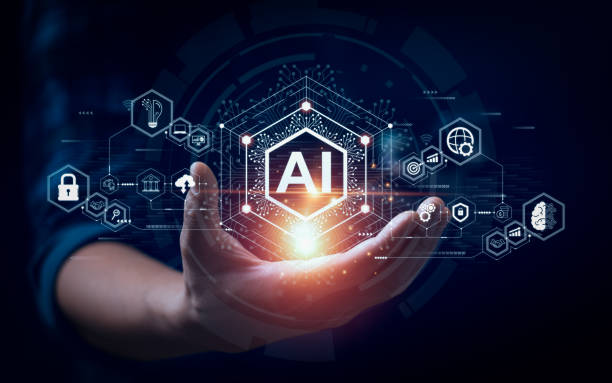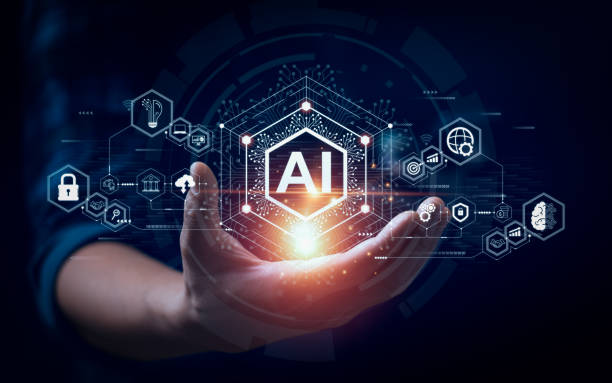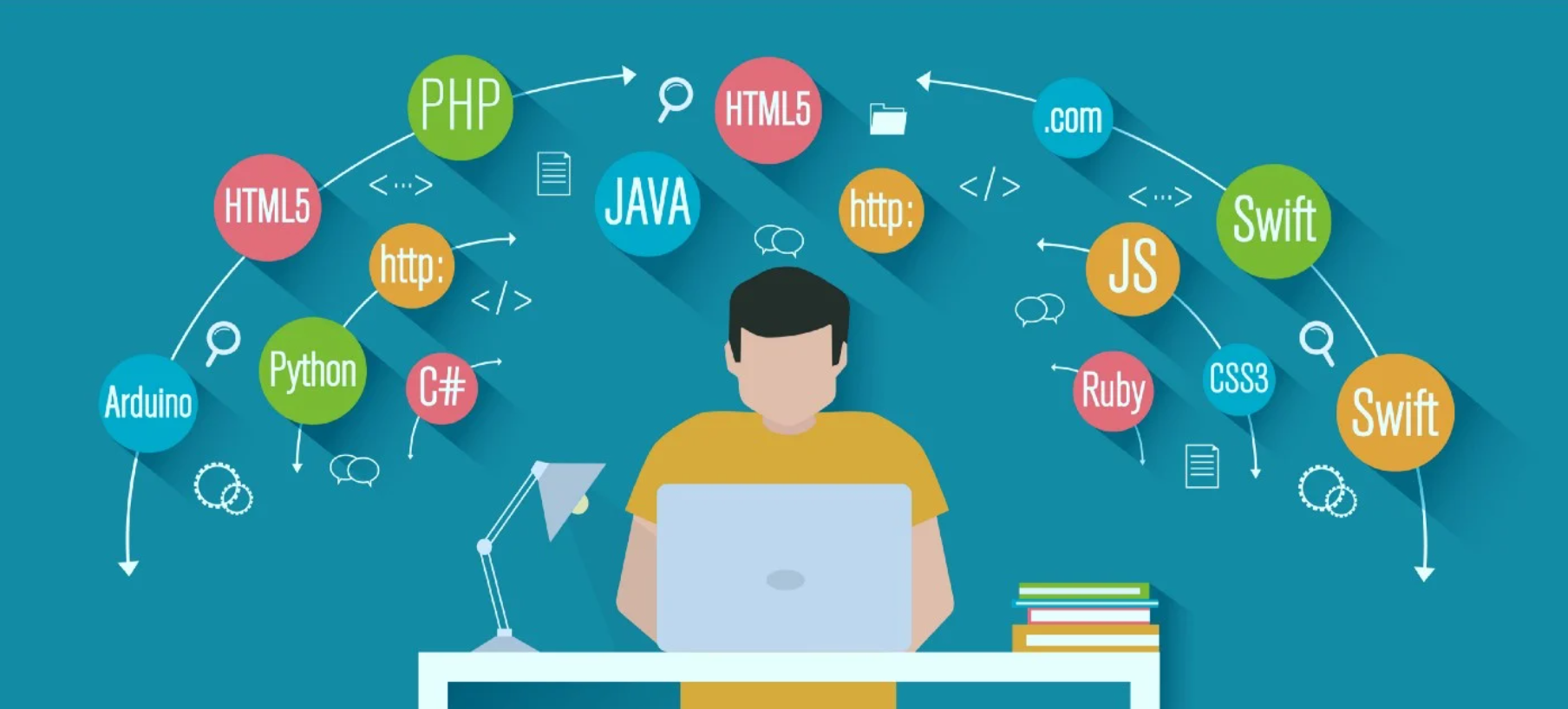Will AI Take Up Human Jobs?
Thu, 20 Jun 2024

Follow the stories of academics and their research expeditions

The rise of artificial intelligence (AI) has sparked a great deal of debate about its potential impact on the job market. As AI technologies continue to evolve, questions about job displacement, the future of work, and the role of humans in an increasingly automated world are more pertinent than ever. Let's delve into this complex topic and explore whether AI will take up human jobs, and if so, to what extent.
AI has made significant strides in recent years, permeating various sectors including healthcare, finance, manufacturing, and even creative industries. From automating mundane tasks to providing sophisticated analytical insights, AI's capabilities are expanding rapidly. However, the notion that AI will completely replace human jobs is an oversimplification.
A critical distinction in the AI discourse is between automation and augmentation. Automation involves AI taking over specific tasks traditionally performed by humans, which can lead to job displacement. Augmentation, on the other hand, refers to AI enhancing human capabilities, enabling workers to perform their jobs more efficiently and effectively.
Certain jobs, particularly those involving repetitive, manual tasks, are more susceptible to automation. For instance, assembly line work, data entry, and basic customer service roles can be easily automated with current AI technologies. A report by McKinsey Global Institute estimates that about 15% of the global workforce could be displaced by automation by 2030.
While AI may displace some jobs, it also has the potential to create new opportunities. Historically, technological advancements have led to the emergence of new industries and job roles. For example, the advent of the internet gave rise to jobs such as web developers, digital marketers, and cybersecurity experts. Similarly, AI is expected to create demand for roles such as AI specialists, data scientists, and machine learning engineers.
As the job landscape evolves, reskilling and education become crucial. Workers whose jobs are at risk due to automation need opportunities to learn new skills and transition to emerging roles. Governments, educational institutions, and businesses must collaborate to provide reskilling programs and continuous learning opportunities. Lifelong learning will be key to maintaining employability in an AI-driven world.
Despite AI's advancements, there are aspects of work that remain uniquely human. Creativity, empathy, strategic thinking, and complex problem-solving are areas where humans excel and AI still falls short. Jobs that require these human qualities, such as those in the arts, leadership, and healthcare, are less likely to be fully automated.
The widespread adoption of AI raises ethical and societal questions. How do we ensure fair distribution of the benefits of AI? What measures should be in place to protect workers displaced by automation? Addressing these concerns requires thoughtful policies and regulations that prioritize human welfare and societal well-being.
Rather than viewing AI as a threat to jobs, it can be seen as a powerful tool that, when used responsibly, can enhance human capabilities and improve quality of life. The future of work will likely be characterized by collaboration between humans and AI, where machines handle repetitive tasks and humans focus on creative, strategic, and interpersonal aspects of work.
AI's impact on jobs is a multifaceted issue. While some jobs may be displaced by automation, new opportunities will emerge, and the nature of work will continue to evolve. The key lies in adapting to these changes through reskilling, education, and thoughtful policy-making. By embracing AI as a partner rather than a competitor, we can harness its potential to create a more efficient, innovative, and inclusive workforce.
In conclusion, AI will undoubtedly change the job market, but it is unlikely to take up all human jobs. Instead, it will redefine roles and create new opportunities, leading to a future where humans and AI work together to achieve greater heights.
Thu, 20 Jun 2024

Wed, 19 Jun 2024

Leave a comment